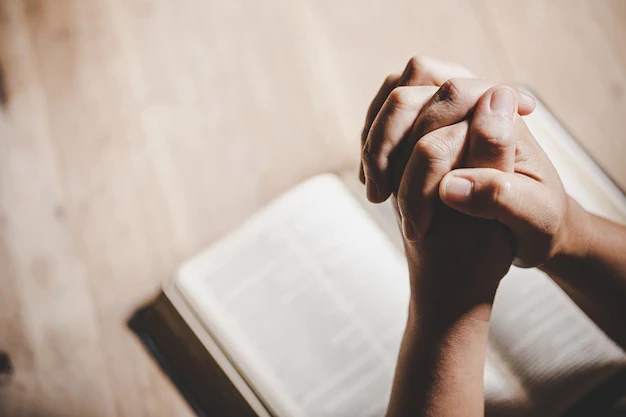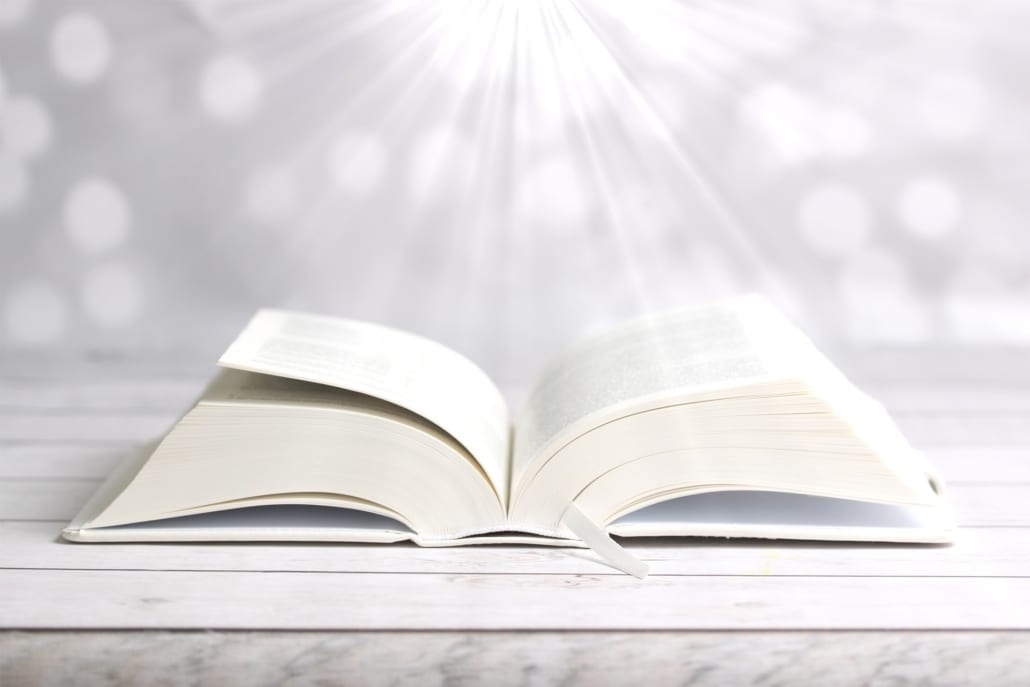
I have always been perplexed by people who say, “I am not religious, but I am spiritual!” It’s not the statement itself that bothers me; after all it is pretty straightforward regarding its innately silly, contradictory, and vacuous nature (as you can see, I am trying hard not to use the word stupid).
No, what I find perplexing is the people who utter it and their lack of self-awareness as to what they are truly saying.
In general, people who make that statement fall into four categories: 1) The lazy: It’s the equivalent of saying I want to be wealthy, but have no desire to expend any effort to achieve it – and their version of financial planning is something along the lines of “I plan on winning the lottery.”
2) The validator: Those who only like the parts of religion that already confirm what they want to believe – e.g. they somehow choose to believe in reincarnation, but reject the concepts of heaven and hell.
3) The chooser: Those who find meaning in religious practices except for the parts that run counter to what they really want to do – like when it infringes on their plans for the weekend.
4) People who are into yoga.
Speaking of heaven and hell, I spent the majority of last week in New York City visiting with friends I had not seen since before the pandemic. Spending a few thrilling moments in a taxi whose driver is furiously accelerating in the vain hope that it will enable his hybrid to successfully make the leap over the larger potholes, is a uniquely NYC experience.
It also leads one to contemplate the afterlife which, of course, reminded me of a joke.
- Hebrew scriptures: The purpose of prayer
- Back Noam Chomsky calls ChatGPT a tool for ‘plagiarism’ and ‘way to avoid education’
- Comedy gives me a chance to share the joys of this world: Ckanyiso DatGuy
- Jury finds Trump liable for sexual abuse, awards accuser $5M
Keep Reading
A rabbi and a taxi cab driver were in a terrible car accident and both died and went to heaven. The ministering angel takes them both in and shows the cab driver his eternal reward – a huge mansion with an incredible view, an Olympic size swimming pool, an indoor basketball court, a private bowling alley, and a ten-car garage filled with exotic cars. The cab driver is quite pleased and the rabbi is brimming with excitement – he can’t wait to see his own portion in heaven.
Unfortunately, the rabbi is led to a ramshackle hut without electricity or running water and a yard with a broken gate, a malnourished cow, and an old wagon with a lame horse.
Needless to say, the rabbi is quite disappointed and looks to the angel for an explanation. The angel responds to his unasked question: “Rabbi, whenever you gave a sermon all your congregants fell asleep, but when he drove his cab everyone immediately started praying!”
Of course, as soon as I arrived at the New York airport for my return flight I received a text message informing me that my flight had been delayed three hours (I wasn’t even mildly surprised because it was Thanksgiving). As I was meandering my way through the airport I chanced upon a Catholic priest and our eyes met. Having never been afflicted with an overwhelming sense of shyness I walked over to speak to him.
(Remarkably, perhaps even unbelievably, the only two Catholic priests that I really know – one from Miami Beach and one from New Bloomfield, Pennsylvania – happen to both have maternal grandmothers who were Jewish.
Rendering both of them Jewish, according to Jewish law).
After a pleasant few moments of introductions and greetings I asked him the following question, “Why do you think people desire to pray?” I was expecting him to say something along the lines of “To ask God for something” or “To praise the Almighty.” I was therefore quite impressed when he answered instead, “I think there is an innate desire to connect and commune with the Creator."
His statement reminded me of something that my brilliant brother Rabbi Akiva Zweig mentioned to me well over twenty years ago. He was working on a class on the difference between believing there is a God and knowing there is a God.
He mentioned that one of his proofs to the existence of the Almighty is the fact that all of mankind, anywhere and everywhere in the world, has an innate desire to connect to a higher spiritual being. This is a recognition of their soul’s desire to reconnect with its source.
Judaism has a remarkable perspective on the true definition of prayer and how we are to go about it. In Hebrew the word “lehitpallel” means “to pray.” The root word “pallel” appears for the first time in the Torah when Jacob says to his son Joseph (after a 22-year absence in which Jacob thought that Joseph had perished), “I never even hoped to see your face” (Genesis 48:11).
According to the great bBiblical commentator known as Rashi (ad loc) the word pallel means to have one’s mind filled with a thought.
In Hebrew grammar, the word lehitpallel falls in the category of self-reflexive verbs. This means the word describes prayer as something that you do to yourself; you fill your mind with a thought.
Thus, it isn’t so much about the words you utter as it is about getting yourself into the proper mind space. I believe Søren Kierkegaard said, “Prayer doesn’t change God, but it changes him who prays.”
Unfortunately, this concept is lost on most people, even those who make an effort to pray every day.
The vast majority of those who engage in prayer focus more on what they say than on what they are thinking, and prayers are often recited by rote – mindlessly. The Hebrew word for proper concentration is “kavana,” but the real definition of kavana is derived from its root word “kivun – direction.”
Thus, prayer is a form of directed thought. This is not dissimilar to meditation – though I do want to make a distinction: while it’s true that prayer is a form of meditation, meditation is not a form of prayer (sorry Buddhists).
This week’s Torah portion opens with our forefather Jacob traveling to his family ’s ancestral homeland to find a wife, following the behest of his parents Isaac and Rebecca:
And Jacob departed from Beer-Sheba and went to Haran. He encountered the place and spent the night there because the sun had set [...] (28:10-11).
The Torah relates that on his journey he passed by the future home of the Holy Temple on Mount Moriah (see Rashi ad loc).
According to Rashi, Jacob felt it would be inappropriate to pass up the opportunity to pray at the same place his father and grandfather had prayed. Therefore, he returned to the place and instituted the evening prayer known as Ma’ariv (see Rashi 28:17).
The sages teach that the three prayer services (Shacharit – morning service, Mincha – afternoon service, and Ma’ariv – evening service) were established by the three forefathers: Abraham instituted Shacharit, Isaac instituted Mincha, and Jacob instituted Ma’ariv.
Yet this seems a little odd. We know that in Judaism every day begins with the onset of the prior evening.
That is, Monday begins at sunset on Sunday. Thus, the first prayer that we pray each day is Ma’ariv. Wouldn’t it be more logical for Abraham, being the first of the forefathers, to have instituted the first prayer service of Ma’ariv? Moreover, Ma’ariv was originally established as a non-obligatory prayer. Why should Jacob, who is considered the greatest of the forefathers, institute a prayer that is not even obligatory?
The purpose of the prayers being established by our forefathers is that they leveraged their relationship with the Almighty to establish an “appointment,” as it were, for their children to speak and connect with the Almighty.
There are two distinct components to every twenty-four-hour period: day and night.
They are not merely differentiated by whether or not the sun is above or below the horizon. Rather, they have completely different functions.
Daytime is the period in which mankind goes out and contributes to the functionality of the world, while nighttime is the period when man reaches out to connect.










